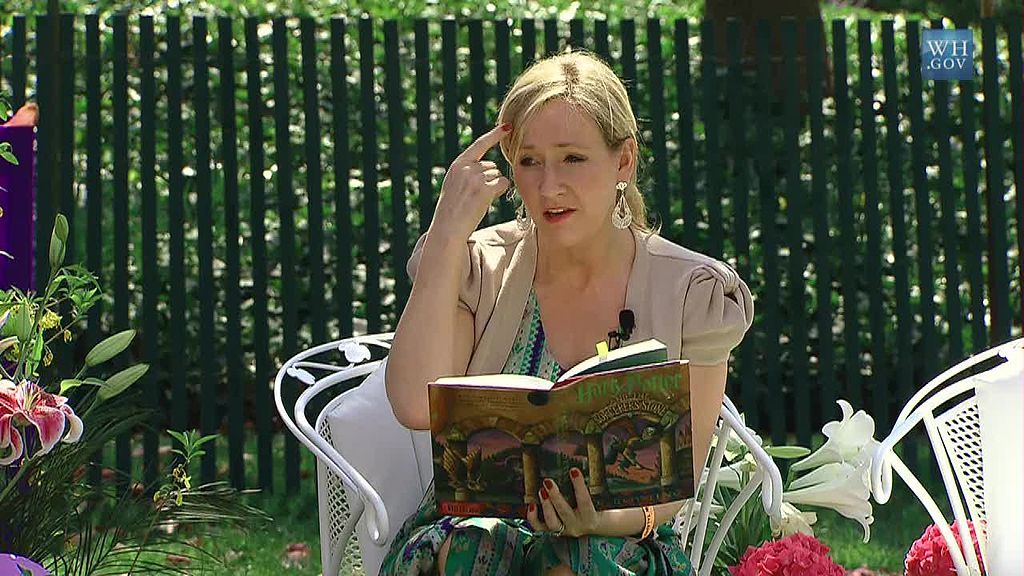Gap Year After 12th- Is It Worth Taking?
Acing the 10th class board exams by sweet 16; school farewell before the 18th birthday; graduation by 22; and an enviable job before hitting 25 – sounds perfect, right! Nothing could be better if you wanted it this way. But what if you want to take a break en route – like a gap year after 12th?
So, are you in a dilemma to take or not to take a gap year? This is certainly a question that needs the right reasons to qualify as an option.

What is a Gap Year?
A gap year, also called a sabbatical year, is a semester or a full year break a student takes after completing class 12; and before joining an undergraduate degree.
While one year is usual, in some cases the break may extend beyond this period.
Do students take a Gap Year?
Of course! Lots of students across the world; especially in the USA, UK, Australia, and Europe take a gap year after completing high school.
In India too, many students take a gap year after 12th grade. But it’s far less a number than that abroad.
Besides we have a lot more concerned stakeholders in our country – the parents, the school, and the society at large, who needs to know if the ‘Why’ of such decisions is justified.
In Univariety’s own experience, the last few years have seen at least 3% of the total school pass-outs taking a gap year after their class 12 completion. 3% across the many schools in the network, all over the country adds up to a very significant number.

Elon Musk spent a year travelling extensively, before joining college. (Pic credit: wikimedia commons)
Reasons To Take A Gap Year
A gap year must be purely a period to spend time with yourself. And to learn and experience something truly meaningful to you.
This gap could be the chance to know what suits you best or what new fields have in store for you – without any bias.

J K Rowling had taken a gap year while she was teaching (Pic credit: wikimedia commons)
Many students take a year or two off for:
Academic Reasons
– To prepare for entrance exams, like engineering/ medicine/ law or any other professional courses.
– To prepare for studying abroad or attain the age as fixed by overseas university for admissions.
– Repeat the tests after a year to secure better marks and then qualify for admissions.
– Apply again to universities (if rejected previously) and try admission luck again
– Enroll in internships or certificate programmes to qualify for overseas courses or specific Indian programmes.
– Explore the most suitable or new-age career options

Know Yourself Reasons
You read it right! There’s no meaning in taking a gap year unless you spend time with yourself and discover what you really want to do in life – or at least what you don’t mind doing.
This period could help you:
– Clear your head
Especially if you have many suggestions from friends, family, and ONLINE searches!
– Learn new skills or strengthen existing ones
Explore other streams of work or passion which you may not have liked or considered before.
– Discover Yourself
To know your real potential outside the comfort zone of school or home.
– Research & Clarity
Have a clear picture of the changing employment and job market scenarios; and then focus.
– Plan for your passion
It’s a wonderful time to plan on taking your passion forward and considering it as a career.
– Build your college profile.
Make up for the extracurricular activities, volunteer work, projects, and internships to gain the hands-on experience you may have missed out on during regular school days.
The 2020 Gap Year
March 2020 has changed everyone’s life. Hence, it is no surprise that there has been a surge in the number in the number of gap year takers in recent months.
Many course commencements and semesters got delayed by a good three to four months last year; while overseas admissions took a big hit.
Therefore, we are seeing an unprecedented number of gap year takers since June 2020.
Downside Of Taking A Gap Year
Some things may have to take a backseat or can be temporarily affected after taking a gap year after 12th.
For starters, having spent many years in a structured study environment of a school, it could take some time to plan your time and maintain a personal discipline.
Possible challenges while taking a gap year are:
– Valuable time lost
That is if you don’t know what to do or how to use this period. Hence ensure that you make this break a productive period.
– Affects admission age limit
Some courses and universities have a restriction for entry level age.
– Losing academic momentum
This is perhaps the most common reason why elders or ‘well-wishers’ discourage a gap year. Ensure you keep the academic tempo going during and after the gap year.
– Feeling less motivated
In addition to the reason above, the onus of being always motivated is on you – and much higher than in your school days.
– Increased dependency on family support
While family support is essential, one must not become too dependent, or put pressure on them. That would be demotivating for your family as well as you.
– Financial independence may take a hit.
You may start earning a year or more later than your friends. So, a well-planned budget and timeline can definitely help in this period.
– Higher Cost of Studies
Universities do hike their fees or change scholarship structures from time to time. Joining the course or college of your choice a year later would mean that you may end up paying more after a gap year.
– Catch up with peers
Due to the time lag in getting placed, securing a job, or starting your own venture, you may feel pressured to make up for the gap. And may have to work a bit harder than your peers to catch up with their salaries, job titles and achievements.
 Should You Consider It?
Should You Consider It?
“Those who say ‘Yes’ are rewarded by the adventures they have, and those who say ‘No’ are rewarded by the safety they attain. “- Keith Johnstone
School alumni on the Univariety network, who had taken a gap year commonly feel that since this was an opportunity to introspect:
– Hence, a gap year helps one be more committed to the profession.
– There are lesser doubts or confusion in choosing career streams.
– They enjoy their work more than they expected.
– Therefore gap takers are more satisfied with their jobs than other peers.
– It’s a smart decision. After starting work life, there may not be many chances to take time off (at least not until gaining a few years of experience).
Your questions answered
When you meet your interviewer or professor, can you tell if they had taken a gap year in their life or not? Well not really!
So, if you wish to defer a year’s education; a gap that could positively enrich your experience and skills, then you don’t have to think much about going ahead with your decision.
But the caveat is that you must do it for the right reasons and invest the time in yourself – productively!
If you are looking for someone who can guide you on how to prepare for a gap year or if it’s even the right choice for you, then feel free to talk to our experienced counsellors about it.
Published at Fri, 09 Apr 2021 04:04:36 +0000